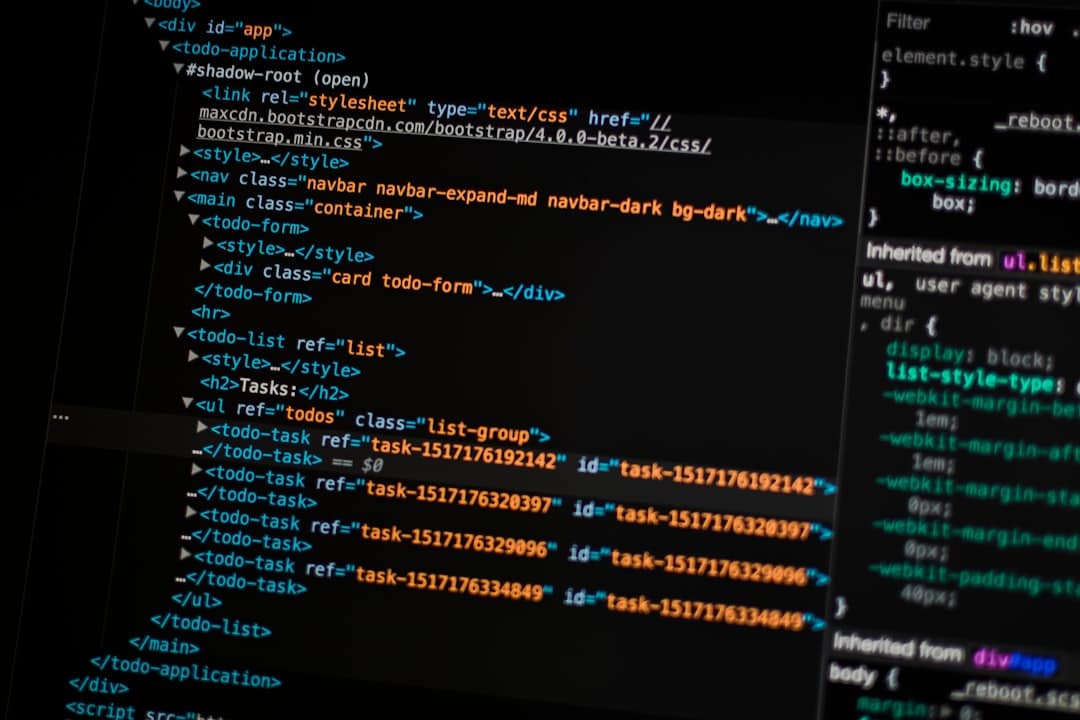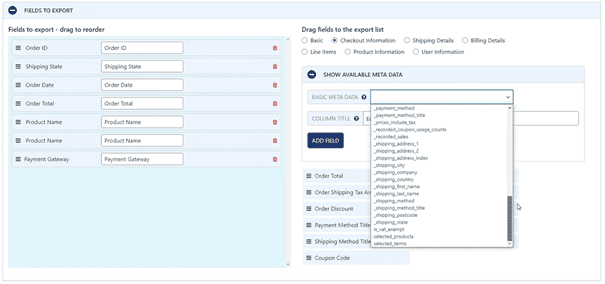EPUB is a widely-used format for electronic books. Being able to edit an ebook’s metadata—information like its title, author name, publisher, and description—can be incredibly useful for organizing your digital library or preparing an ebook for publication. Python, with its versatile ecosystem of libraries, provides a convenient way to achieve this. This guide walks beginners through the process of editing EPUB metadata with Python in a straightforward and efficient way.
Getting Started with Python for EPUB Editing
To get started, you’ll need a basic understanding of Python and an EPUB file you’d like to modify. EPUB files are essentially ZIP archives that contain the book’s textual content, images, and metadata files. To work with an EPUB’s metadata, you’ll need a suitable library. One highly recommended Python library for this purpose is ebooklib.
Installing the Necessary Library
The first step is to install the ebooklib library. Open a terminal or command prompt and run:
pip install ebooklibThis library simplifies EPUB file manipulation, including extracting and editing metadata. It works well for most basic editing needs.
Step-by-Step Guide to Editing EPUB Metadata
-
Load the EPUB File: Start by loading an existing EPUB file using
EpubReaderfromebooklib. This gives you access to its structure and metadata.Here’s a basic example:
from ebooklib import epub book = epub.read_epub('example.epub') -
Access Metadata: EPUB metadata is stored in a data structure within the file. It may include the title, creator (author), publisher, and other details.
For instance, to view and modify the book’s title:
current_title = book.get_metadata('DC', 'title') book.set_metadata('DC', 'title', 'Updated Book Title')In the example above, the metadata type (‘DC’) refers to the Dublin Core Metadata standard commonly used in EPUB files.
-
Modify Author or Other Fields: You can edit other fields similarly. For example, to update the author name, use:
current_author = book.get_metadata('DC', 'creator') book.set_metadata('DC', 'creator', 'Updated Author Name') -
Save Your Changes: After making the necessary metadata updates, save the file with:
epub.write_epub('updated_example.epub', book)This will create a new EPUB file with the modified metadata.
Congratulations! You’ve just edited an EPUB file’s metadata using Python.

Tips and Considerations
-
Backup your files: Always create a backup of your original EPUB file before editing it. This ensures that you can recover the file if anything goes wrong.
-
Use a test file: When learning, work with a test file that doesn’t contain critical or important data.
-
Be cautious with images and additional content: While editing metadata is straightforward, manipulating other parts of an EPUB file, like images or CSS, can be more complex. This guide focuses solely on metadata editing for simplicity.

FAQ
- What is EPUB metadata?
- EPUB metadata describes the book’s details, such as its title, author name, description, language, and publisher information. This metadata helps categorize, search, and organize books in digital libraries or reading apps.
- Is it safe to use Python for EPUB editing?
- Yes, Python provides efficient tools like
ebooklibfor safely editing EPUB files. However, it’s crucial to back up your files to avoid accidental data loss. - Can I edit metadata for multiple EPUB files at once?
- Yes, you can write a Python script to loop through multiple files in a folder, extract their metadata, and make the necessary updates programmatically.
- Are all EPUB files compatible with this method?
- Most standard EPUB files will work well with
ebooklib. However, heavily customized EPUB files may require extra care or additional tools. - What happens if I add invalid metadata?
- Invalid metadata may cause compatibility issues with certain ebook readers or library systems. Always use valid and supported fields when modifying EPUB metadata.
With the simple steps described in this guide, beginners can efficiently edit EPUB metadata using Python. This skill can be invaluable for managing large ebook collections or preparing professional-quality ebooks for publishing.
